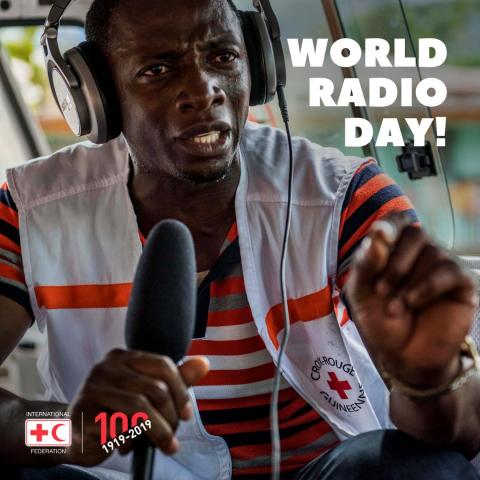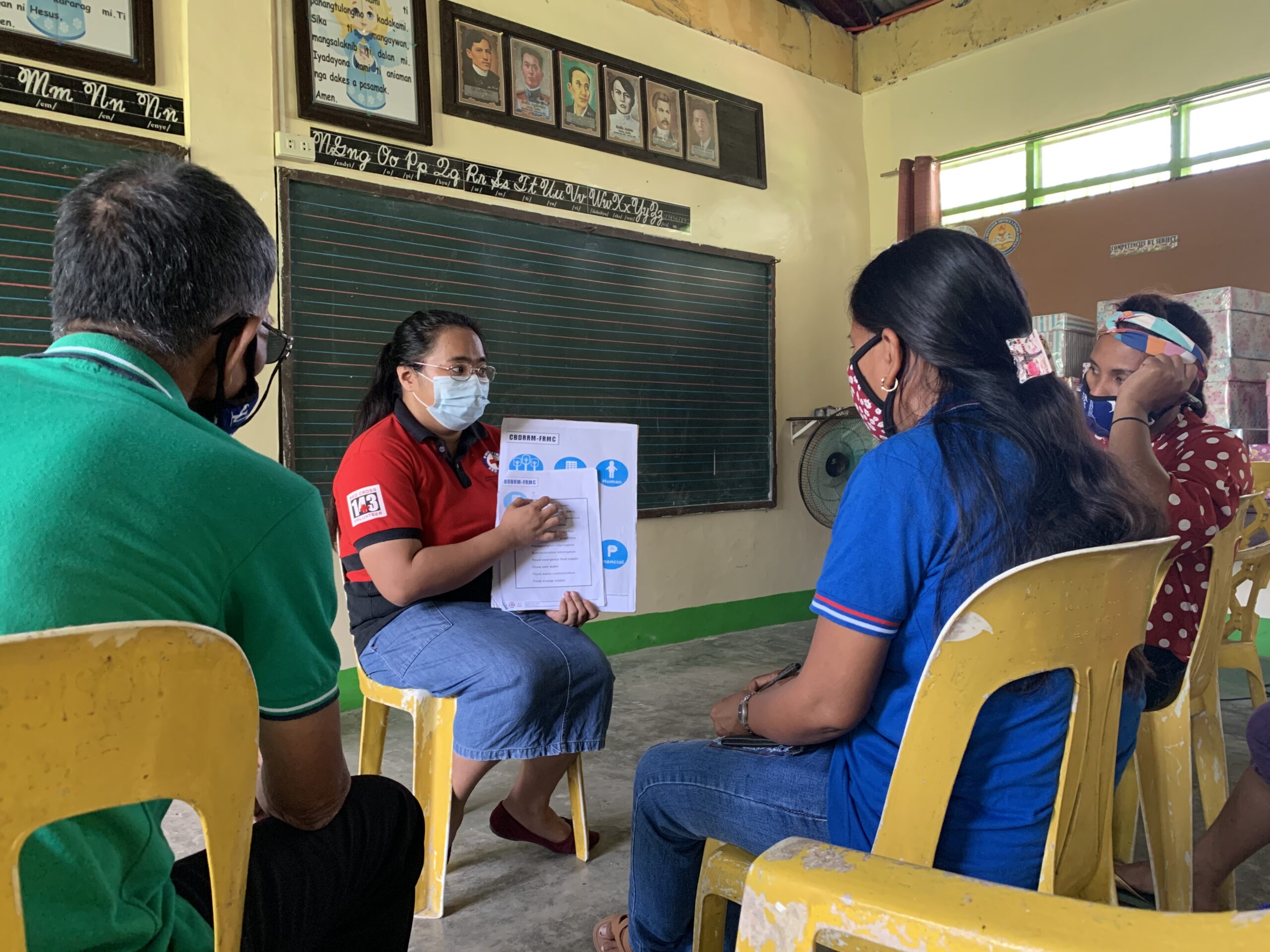Bangladesh: Off-line radio keeps people from Rakhine in the know

Originally posted on 20 Dec 2018 by Farjana Sultana, IFRC. View
Nurul Islam, 10, helps his older brother in the small family shop they run next to their makeshift home in a camp near Cox’s Bazar, Bangladesh.
“Today from the radio listening session I found out that the learning centres teach numbers and the alphabet. I would love to go to the learning centre and learn all these,” he said after listening to a show run by Bangladesh Red Crescent Society and produced by government radio station Bangladesh Betar, with support from BBC Media Action and UNICEF.
Jarina Khatun, 46, is Nurul’s grandmother. She also sits on the doorstep whenever there is a radio listening session near her home. “I like to hear information from the radio. I find out many essential things. I especially like to hear the songs in our language explaining the information,” she said.
For many people like Nurul and Jarina, who fled Rakhine state in Myanmar and are now living in makeshift settlements in Cox’s Bazar, information can be just as important as water, food or shelter. Radio remains a critical medium to reach communities in the camps, since around 70 per cent of the guest population do not read and write in any language, and access to technology is limited.
As part of the population movement operation in Cox’s Bazar, the Bangladesh Red Crescent organizes daily radio listening groups across six camps to discuss pressing issues. Even without electricity, the audio file can be played anywhere on mobile speakers with a simple USB stick. After listening to the radio show, Red Crescent mobilizers and volunteers facilitate a safe and open group discussion about the topic, while noting their feedback and concerns.
People ask for a wide variety of information: how to prepare for cyclones, which are a risk here, prevent diarrhoea, access psycho-social support or put out a fire. Each week, the theme is selected through community consultations by BBC Media Action, in collaboration with UNICEF as well as local radio stations Bangladesh Betar and Radio Naf.
Mohammed Ayas, a Red Crescent community mobilizer, has been organizing radio listening sessions since early 2018: “I go to different blocks inside the camp, I facilitate a group discussion with all participants about the topic and then I listen to people and collect their feedback.”
He is supported by many trained Red Crescent Youth volunteers and community volunteers from Rakhine state. Overall, these radio listening sessions are helping the Red Crescent to strengthen community engagement and accountability in the operation.

Related Stories
For more stories about the use of community radio in Bangladesh check the following story “Hello Red Crescent – We listen to you”.
Lessons Learned :
Supporting Materials :


